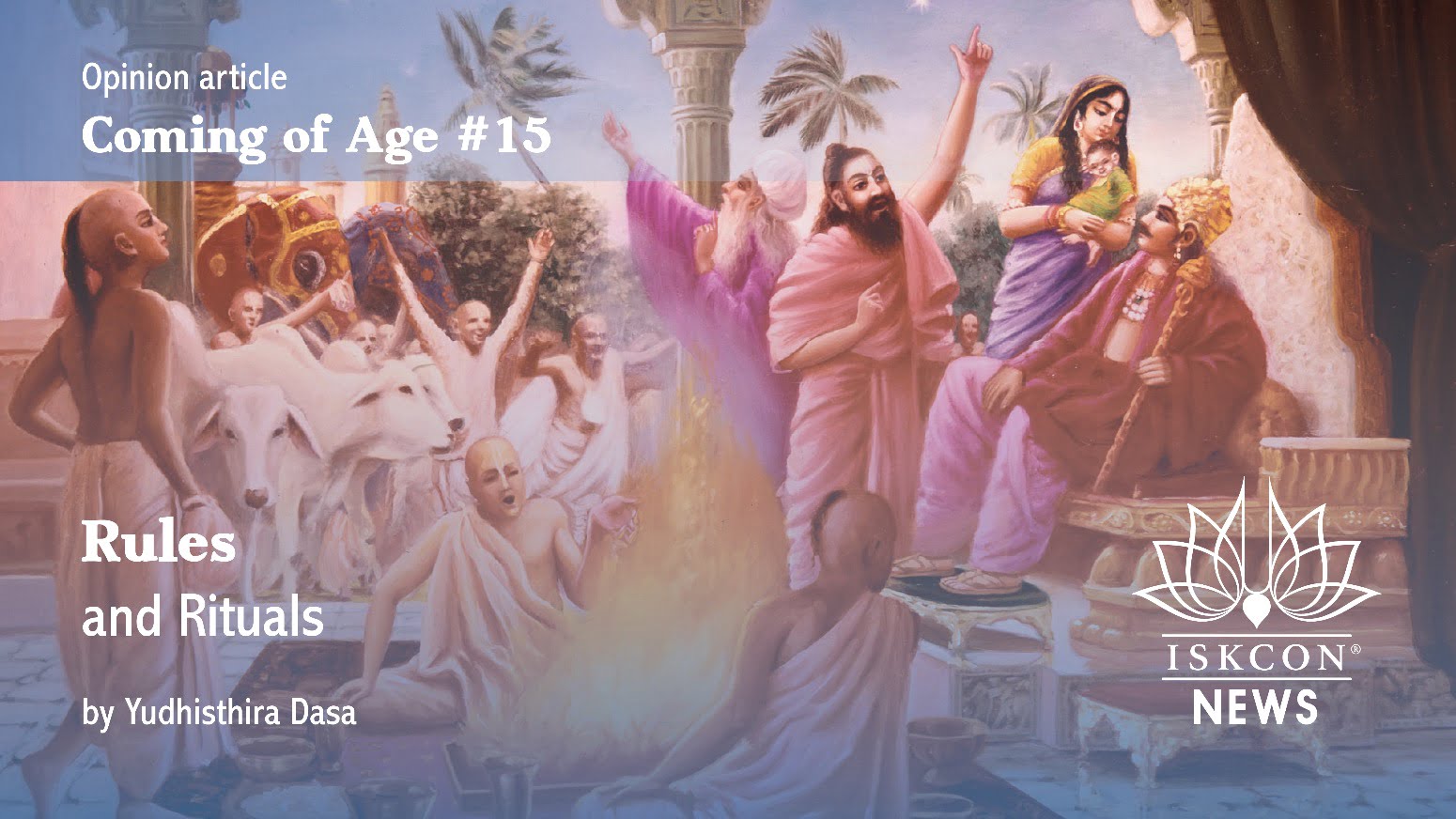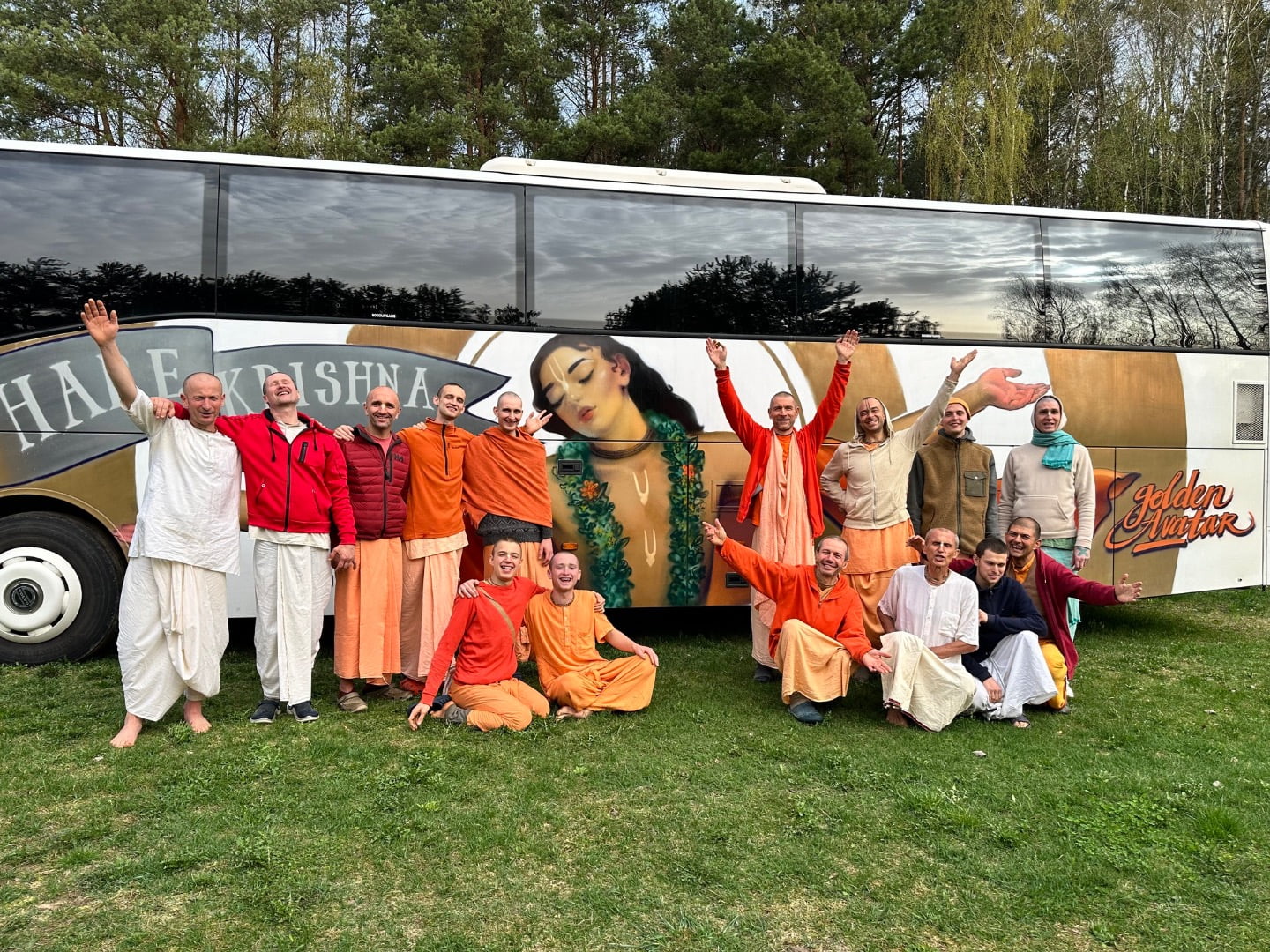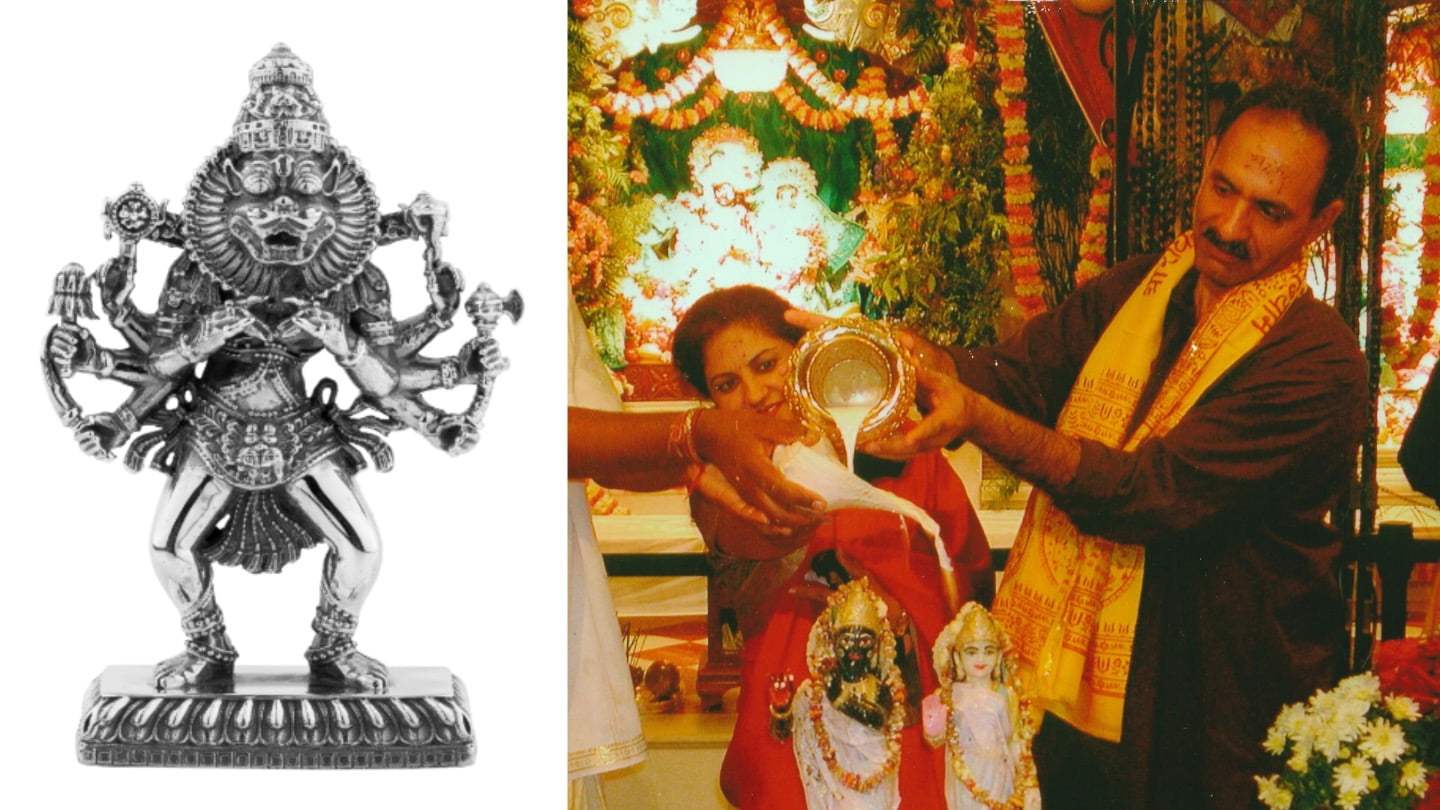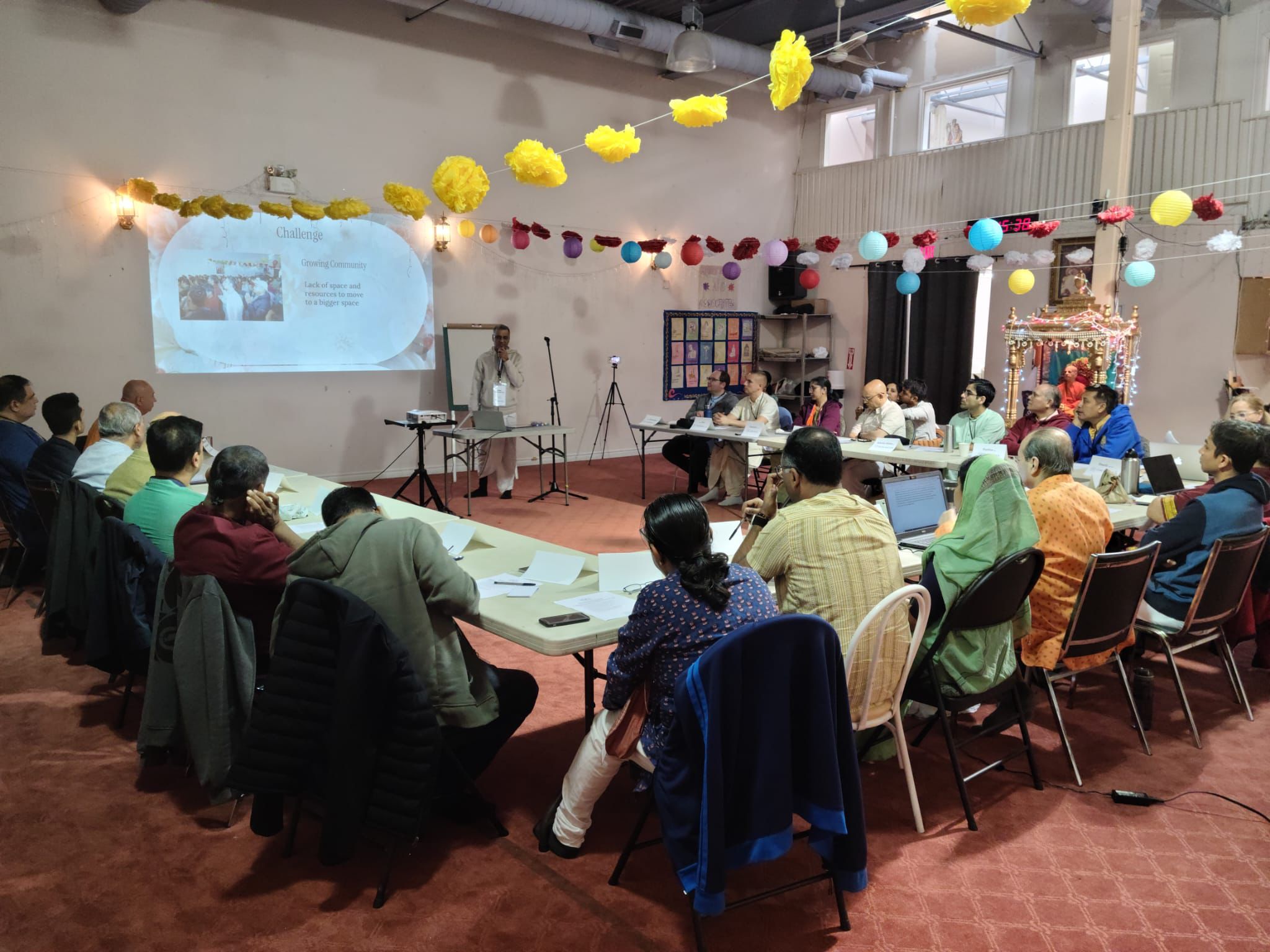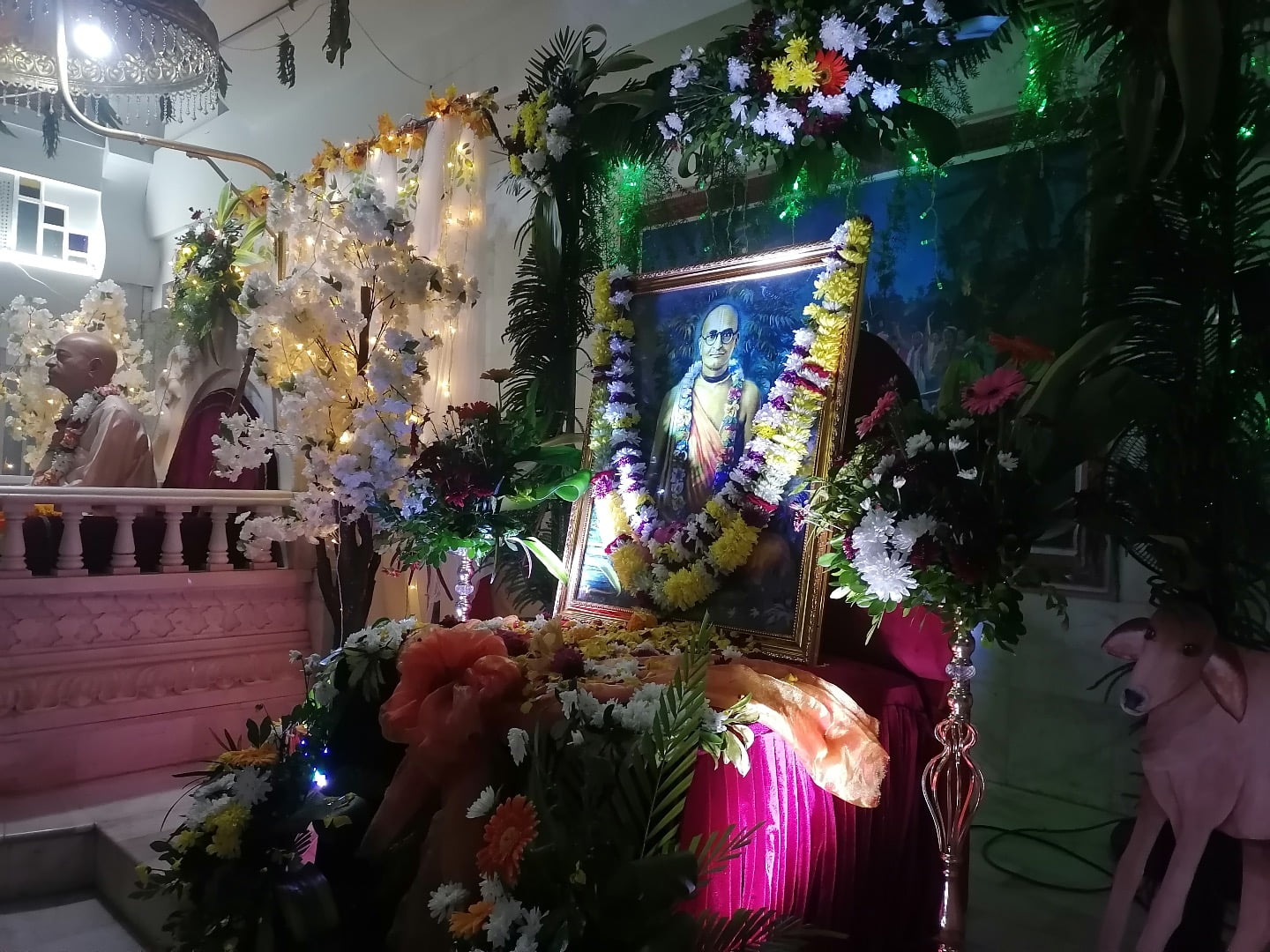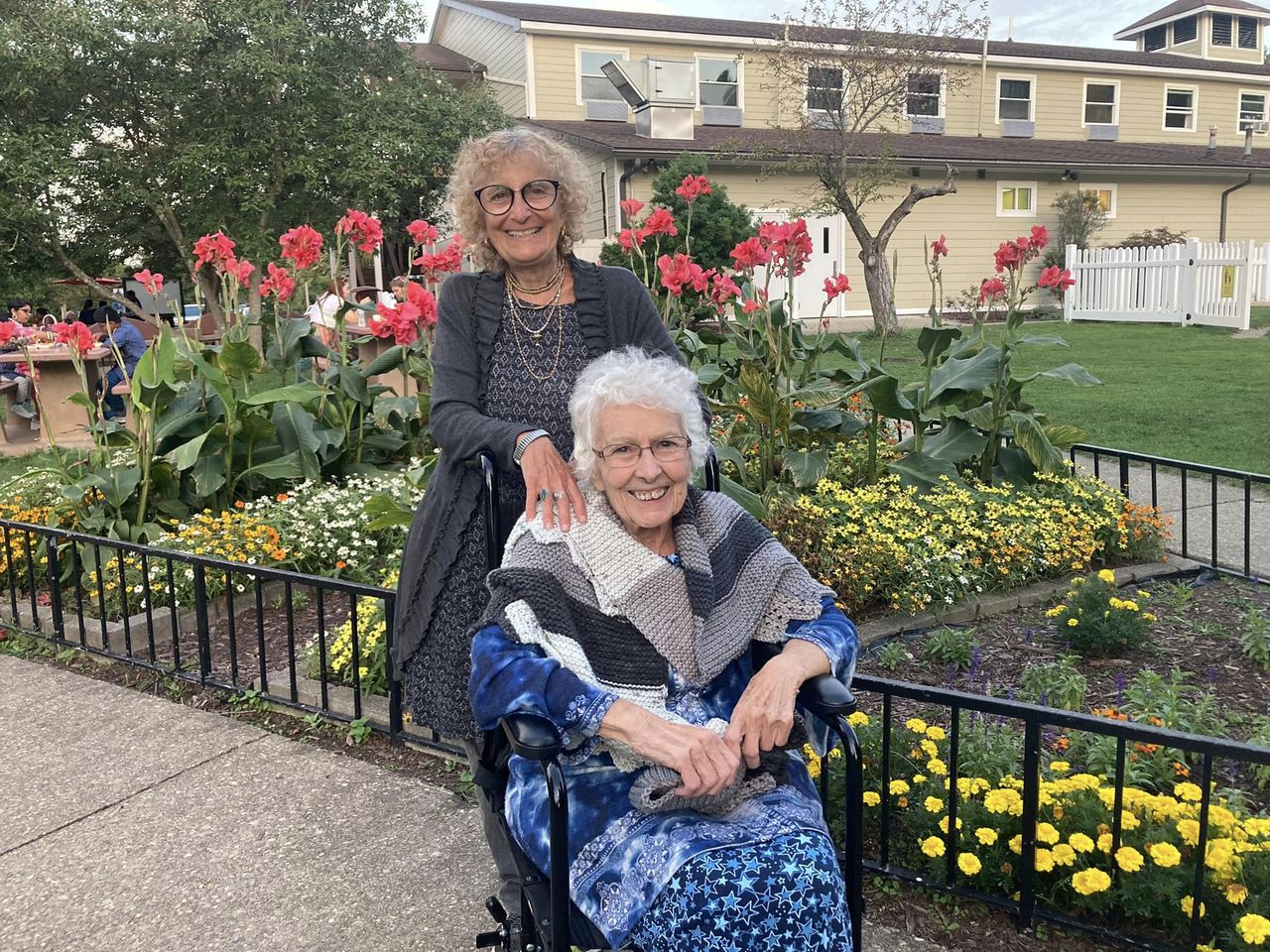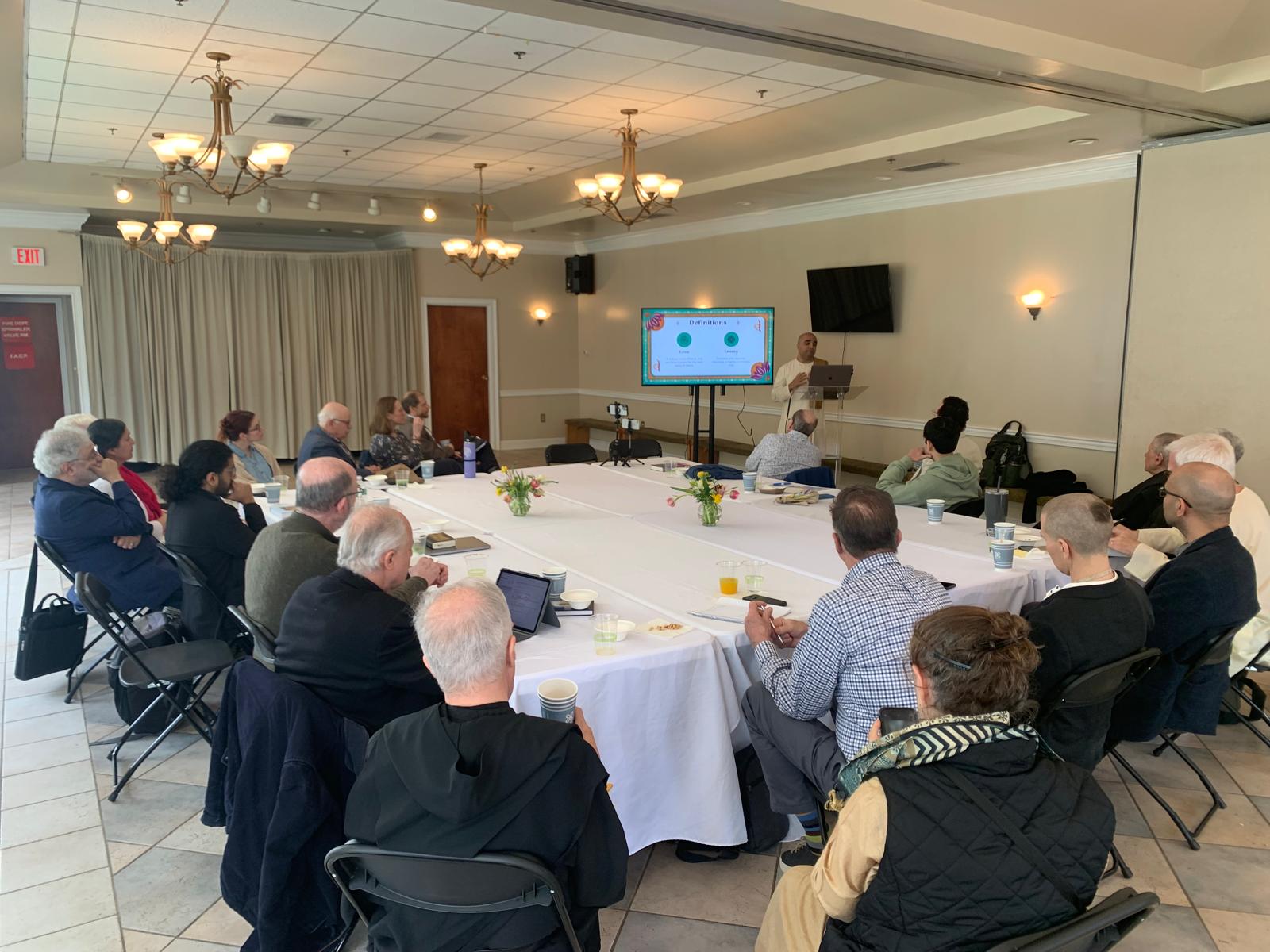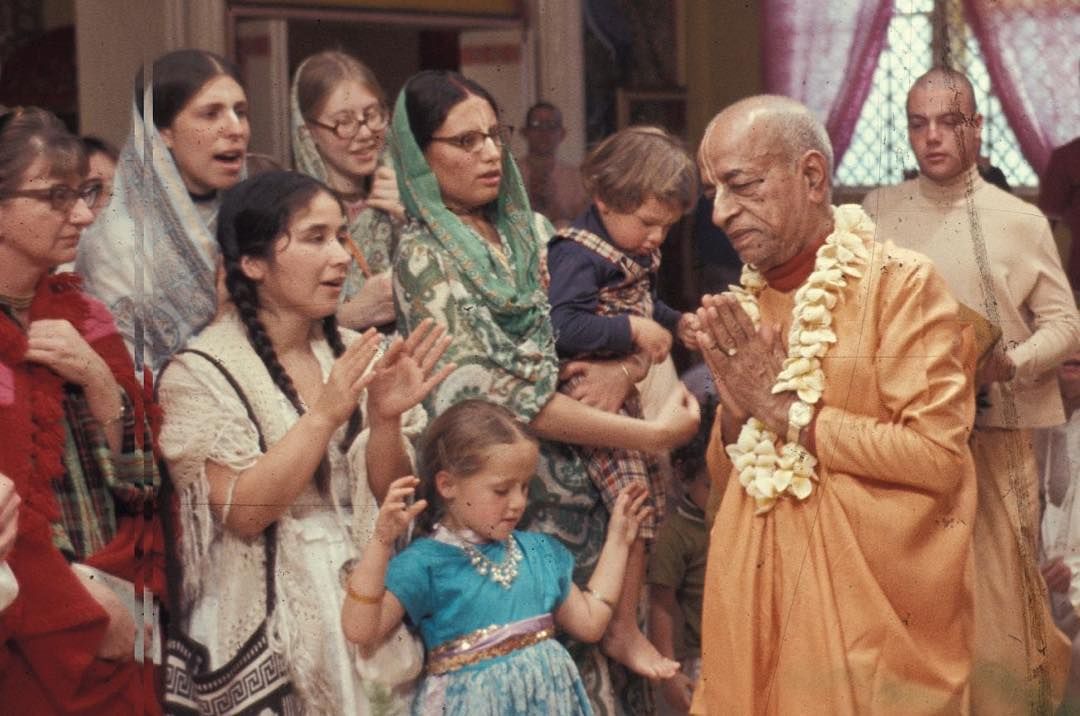Kyrgyzstan Tells Hare Krishnas: “Don’t Meet for Worship”
By Mushfig Bayram | Aug 15, 2009

Kyrgyzstan is continuing a crackdown on people exercising their freedom of
religion or belief, Forum 18 News Service has found. Communities of
Protestant Christians, Hare Krishna devotees and Ahamdiya Muslims have all
been ordered by the authorities to stop meeting for worship, in some cases
the orders having been originally issued in 2007.
Since the entry into force of Kyrgyzstan’s new Religion Law in January 2009,
officials of the Prosecutor’s Office, Police, National Security Service
secret police, local Executive Authorities and the State Agency for
Religious Affairs have checked up on or raided many religious communities.
One such community was the Jehovah’s Witnesses in Maili-Suu, whose members
were told that “they have no rights to distribute or to keep any religious
literature at their homes”.
An employee of the State Agency for Religious Affairs recently told a person
known to Forum 18, who wished to remain unnamed for fear of state reprisals,
that after the July presidential elections there would be “a massive
campaign against religious groups meeting illegally.” President Kurmanbek
Bakiev, who has been in power since 2005, was officially announced as having
won these elections. Organisation for Security and Co-operation in Europe
(OSCE) observers noted that electoral fraud and intimidation of the
opposition “contributed to an atmosphere of distrust and undermined public
confidence in holding genuinely democratic elections.”
Crackdown on unregistered worship outside Bishkek
One of the many controversial aspects of the Religion Law is the ban on
unregistered religious activity. The authorities in
the north-western city of Talas in April told the leader of the Protestant
Church of Jesus Christ to stop meeting for worship in his private flat, a
church member wished to remain unnamed told Forum 18 on 12 August.
The Church was registered in the capital Bishkek, and its members in Talas
met in a rented cinema for worship until January. In that month, the
authorities claimed that registration in Bishkek did not cover public
worship in Talas and stopped the Church using the cinema. When the worship
meetings were moved to the leader’s flat, police summoned the leader for
questioning in March and April.
“Our church in Talas has tried to register with the regional Justice
Department for two years without success,” the church member told Forum 18.
“The last time they tried, they were told they would not be registered
unless they had 200 signatures. How can we collect 200 signatures if we are
not allowed to function normally?”
As a Baha’i pointed out to Forum 18, as well as the threshold of 200
founders very high, many people are reluctant to sign registration
applications as they distrust the authorities.
At the Talas regional Justice Department, the Secretary (she did not give
her name) of Department Head M. Karmyshakov said neither he nor anyone else
was available to talk. “Most of the responsible officials are either out of
office for a few days, or on holiday,” she told Forum 18 on 13 August.
In the central Naryn Region, Prosecutor T. Kasymbekov of Kochkor District in
March issued a warning letter to Bakhyt Mukashev, Pastor of El-Shaddai
Protestant Church, to stop meetings for worship in his private home. A
church member who wished to remain unnamed told Forum 18 on 13 August that
Pastor Mukhashev and his wife were then summoned the Prosecutor’s office and
questioned. Other state agencies summoned some church members for
questioning and compelled them to write statements on their activities. They
were then warned not to meet in Mukashev’s home.
The Church showed the authorities a certificate that they were a branch of
the registered El-Shaddai Protestant Church in Bishkek. But as in Talas, the
authorities in Kochkor claimed that registration in Bishkek does not apply
elsewhere in Kyrgyzstan.
Forum 18 attempted on 13 August to reach officials at Kochkor District
Prosecutor’s Office to discuss the case. The Naryn Regional Prosecutor’s
Office assured Forum 18 that officials in Kochkor would answer calls, but no
official in Kochkor answered their telephone that day.
Crackdown on unregistered worship in Bishkek
Synarkul Muraliyeva (Chandra Mukkhi) of Bishkek’s unregistered Hare Krishna
community also complained that they are not able to meet publicly. In 2008
“a few of us [Hare Krishna devotees] were taken to the National Security
Service (NSS) secret police headquarters in Bishkek,” she told Forum 18 in
Bishkek on 7 August. “An NSS lieutenant colonel compelled us to sign a paper
saying that we would not meet publicly for worship.” Muralieva said the NSS
secret police told the devotees that “they acted on complaints from
neighbours” of their community building, where they used to hold worship
meetings. She also told Forum 18 that a former official of the State Agency
for Religious Affairs told her in 2007 that “someone from higher up” had
stated: “Do not even dare to register them!”
When asked why the Hare Krishna Community in Bishkek, the only in the
country, has not so far been registered, Kumar Dushenbayev of the State
Agency responded on 6 August in Bishkek that “they have an internal problem
they cannot solve.” He added that “we met them a year ago and told them to
correct certain things in their charter. But they did not come back.”
Muraliyeva agreed that the Community has an internal property problem, but
insisted that “our main problem is that we have been refused registration
and cannot meet publicly,” she emphasized.
Other religious communities Forum 18 knows of throughout Kyrgyzstan face the
same problems of being unable to worship publicly. A Protestant church
leader from Bishkek, for example, told Forum 18 on 13 August that his church
too is also in an “illegal” situation. “There are very many home churches
like ours,” he continued. He predicted that “some groups will either go
underground trying to hide”, and others will “unite with other groups,
despite confessional differences, to gain legal status.”
Crackdown on “foreign mission”
The Ahmadiya Muslim Community has been registered in Bishkek as a “foreign
mission”. This “creates certain problems”, Ahmad Basharat of the community
told Forum 18 on 12 August. “As a foreign mission it is harder to register
communities outside Bishkek,” he emphasised. Also, because of the new Law,
“it will be difficult to get missionary visas” for leaders from Pakistan,
Bahsarat added. “The members of our community are predominantly Kyrgyz,” he
noted. “Between 150 and 180 local people attend our Friday prayers in
Bishkek.”
Elsewhere in Kyrgyzstan – in Osh in the south-west, Karakol in the
north-east, and Issyk-Kul [Ysyk-Kol] in the centre – Ahamdiya Muslims were
in 2007 “asked to stop from meeting publicly for worship by local
authorities,” Basharat told Forum 18. “Our activity in those regions was not
registered, but we rented places and met freely. We were told we could not
continue as a foreign mission without official registration.” Bahsarat said
the Ahmadiya’s then tried to register as local communities, but were told by
local authorities to wait as a Religion Law was being introduced. “We
submitted documents then, and are still waiting,” he said.
Asked why Ahmadiya communities cannot register as local communities,
Dushenbayev of the State Agency told Forum 18 that “we will register them if
they submit documents in compliance with the Law.”
“There is a Law, and we will deal with them accordingly”
Asked by Forum 18 what would happen to religious communities who have less
than 200 members, and so cannot be registered, Dushenbayev of the State
Agency asked: “Why should religious communities such as the Presbyterians
try to open a branch in every corner of the country? Why can’t they come
together in one place, where they would not have a problem gathering 200
people?” When Forum 18 repeated the question, he said that “we will not
fight with them. There is a Law, and we will deal with them accordingly.”
Asked whether he thought the Law placed many restrictions on freedom of
religion or belief in Kyrgyzstan, Dushenbayev said the question “should be
asked of the Parliament, which adopted it.” However, he quickly added that
“the Law is at the moment being worked on” by a group of experts.
Regulations to implement the law “were not in place yet,” Dushenbayev said,
“and another group is working them out.” Without giving an exact date,
Dushenbayev told Forum 18 that both groups “should finalise their work in
the autumn.”
Officials have previously claimed to Forum 18 that only after three
controversial elements of the Law – on restrictions on sharing faith,
distributing literature and on the high threshold of 200 adult citizen
members required – have been resolved will regulations enacting the Law be
produced





